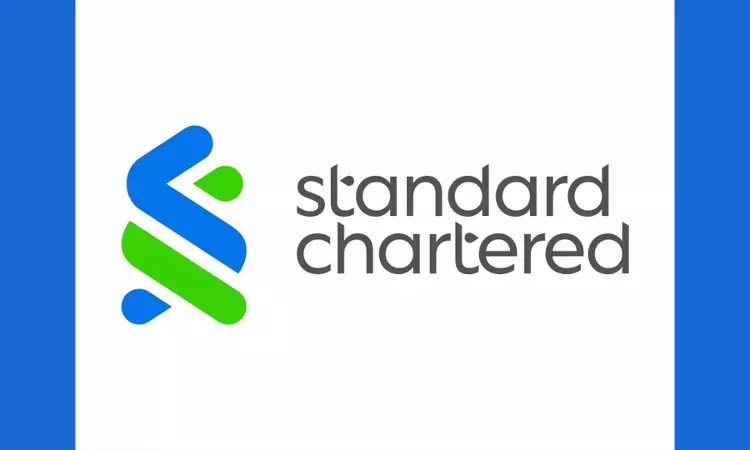Standard Chartered Bank Held Liable For Exceeding Credit Card Expenditure Limit Without Customer's Prior Consent
Smita Singh
9 Feb 2024 8:30 AM IST

Next Story
9 Feb 2024 8:30 AM IST
The District Consumer Disputes Redressal Commission-II, New Delhi bench comprising Monika Srivastava (President), Kiran Kaushal (Member) and Umesh Kumar Tyagi (Member) held Standard Chartered Bank liable for deficiency in services for converting the credit amount of different credit cards owned by the Complainants into instalments without permission. The bench directed it to...
